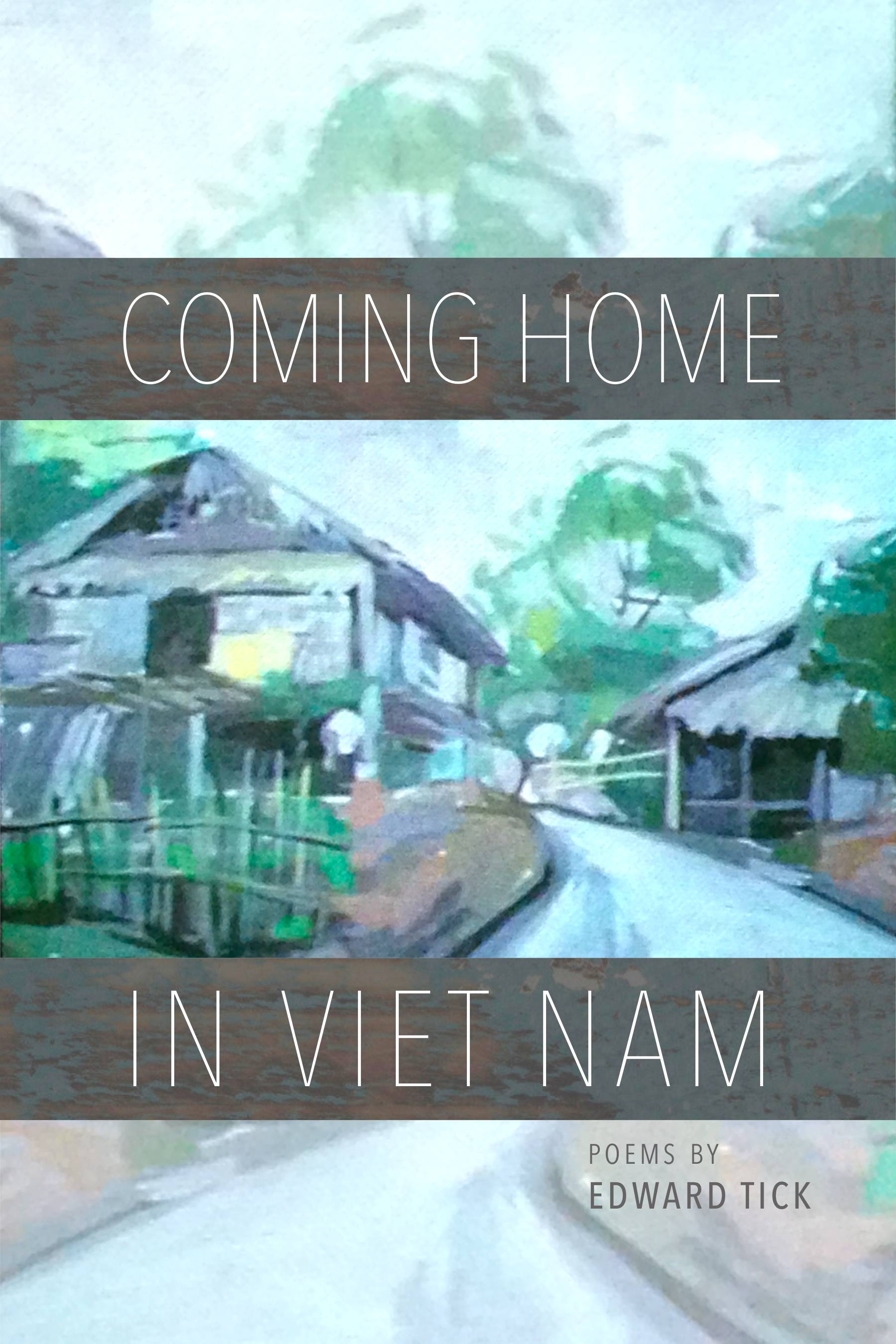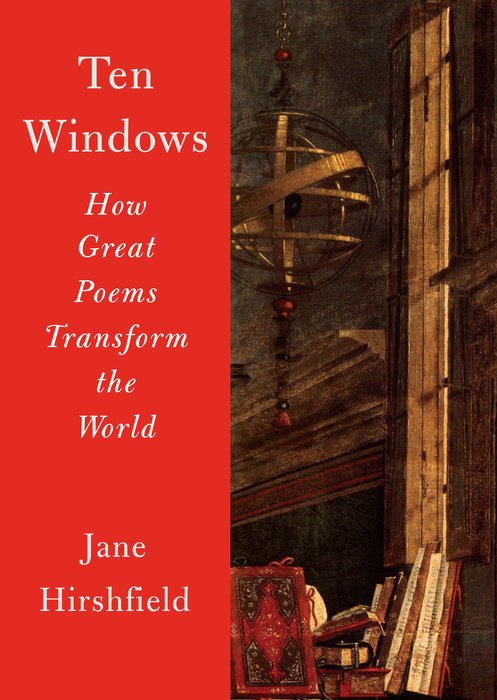
By David Whyte — 1990
This is David Whyte’s second book of poetry, now in its 6th printing.
FULL SUMMARY
This is David Whyte’s second book of poetry, now in its 6th printing.
YOU MIGHT ALSO LIKE
CLEAR ALL
BY TOPIC
BY TEACHER
BY TYPE
FILTER

TOPIC
- Interdependence (16)
- Parenting (16)
- Imagination and Creativity (13)
- Storytelling (13)
- Depression (12)
- BIPOC Well-Being (11)
- Environmental Justice (11)
- Forest Bathing (11)
- Honoring Emotion (11)
- Science and Spirituality (11)
- Sustainability (11)
- Trauma Healing (11)
- Awareness (10)
- Resilience (10)
- Stress Management (10)
- Black Well-Being (9)
- Well-Being (9)
- Activism/Service (8)
- Emotional Intelligence (EQ) (8)
- Environmental Exploitation (8)
- Neuroscience (8)
- PTSD (8)
- Self-Expression (8)
- Self-Healing (8)
- Stress (8)
- Animal Connection (7)
- Awe (7)
- Child’s Emotional Growth (7)
- Global Challenges (7)
- Indigenous Healing Approaches (7)
- Inner Peace (7)
- Plant Spirit Medicine (7)
- Self-Care (7)
- Self-Discovery (7)
- Climate Change (6)
- Connection (6)
- Grief (6)
- Love (6)
- Mind-Body Connection (6)
- Mindfulness (6)
- Spiritual Healing (6)
- Addiction (5)
- Brain Health (5)
- Communication Skills (5)
- Community Healing (5)
- LGBTQIA Well-Being (5)
- Mindfulness Practices (5)
- Physical Health (5)
- Self-Acceptance (5)
- Self-Development (5)
- Speaking Your Truth (5)
- Spiritual Life (5)
- Spiritual Practices (5)
- Trauma (5)
- Veteran Well-Being (5)
- Women’s Well-Being (5)
- Anger (4)
- Confidence (4)
- Empowerment (4)
- Fear (4)
- Finding Meaning (4)
- Goddess (4)
- Habits of Mind (4)
- Inner Child (4)
- Inner Life (4)
- Islam (4)
- Military to Civilian Re-entry (4)
- Negative Self-Talk (4)
- Plant-Based Medicine (4)
- Relationship Challenges (4)
- Sacred Feminine (4)
- Self-Love (4)
- Shame (4)
- Sufism (4)
- Transformation (4)
- ADD/ADHD (3)
- Authenticity (3)
- Belonging (3)
- Cancer (3)
- Cognitive Behavioral Therapy (3)
- Creative Well-Being (3)
- Cross-Cultural Dynamics (3)
- Energy Healing (3)
- Female Empowerment (3)
- Happiness (3)
- Hope (3)
- Human Potential (3)
- Indigenous Well-Being (3)
- Joy (3)
- Leadership (3)
- Life Challenges (3)
- Meditation (3)
- Memoir (3)
- Neurodiversity (3)
- Neuropsychology (3)
- Oneness (3)
- Psychology (3)
- Racism (3)
- Search for Purpose (3)
- Self-Realization (3)
- Self-Reflection Practices (3)
- Self-Worth (3)
- Sexuality (3)
- Social Justice (3)
- The Divine (3)
- Adaptability (2)
- Aging (2)
- Athlete Well-Being (2)
- Biofeedback (2)
- Body Image (2)
- Breathwork (2)
- Buddhism (2)
- Building Culture (2)
- Child’s ADD/ADHD (2)
- Children’s Well-Being (2)
- Clinical Depression (2)
- Collective Trauma (2)
- Compassion (2)
- Courage (2)
- Death and Dying (2)
- Decision Making (2)
- Disconnection (2)
- Domestic Abuse (2)
- Dysfunctional Childhood (2)
- Endurance (2)
- Entrepreneurship (2)
- Gender Identity (2)
- God (2)
- Guilt (2)
- Habit Formation (2)
- Healing Approaches (2)
- Higher Calling (2)
- Integrative Medicine (2)
- Journaling (2)
- Kindness (2)
- Loneliness (2)
- Loss of Partner/Spouse (2)
- Magic (2)
- Masculine/Feminine Dynamics (2)
- Mental Health Challenges (2)
- Mysticism (2)
- Neoshamanism (2)
- Neuroplasticity (2)
- OCD (2)
- Offering Support to Others (2)
- Optimism (2)
- Othering (2)
- Passion (2)
- Peak Performance (2)
- Personal Development (2)
- Play (2)
- Presence (2)
- Racial Discrimination (2)
- Racial Healing (2)
- Racial Justice (2)
- Relationship with Time (2)
- Ritual (2)
- Self-Mastery (2)
- Setting Limits and Boundaries (2)
- Shadow (2)
- Shamanism (2)
- Situational Depression (2)
- Spiritual Quest (2)
- Suicide (2)
- Talk Therapy (2)
- Taoism (2)
- Vulnerability (2)
- War (2)
- Witchcraft (2)
- Yoga (2)
- Abandonment (1)
- Accepting Love (1)
- Acupressure (1)
- Anger Management (1)
- Archetypes (1)
- Art Therapy (1)
- Asking for Help (1)
- Autism (1)
- Autoimmune Disease (1)
- Body Positivity (1)
- Child’s Anxiety (1)
- Child’s Autism (1)
- Chronic Anxiety (1)
- Chronic Health Conditions (1)
- Chronic Pain (1)
- Codependency (1)
- Conscious Evolution (1)
- Consciousness (1)
- Cross-Cultural Parenting (1)
- Crystals (1)
- Curiosity (1)
- Death or Loss of a Child (1)
- Death or Loss of a Loved One (1)
- Death or Loss of a Parent (1)
- Divorce and Breakup (1)
- Doubt (1)
- Eating Disorders (1)
- Economic Justice (1)
- Facing Own Death (1)
- Faith (1)
- Family Dynamics (1)
- Fellowship and Community (1)
- Female Friendship (1)
- Focus (1)
- Forgiveness (1)
- Friendship (1)
- Gender Justice (1)
- Generational Healing (1)
- Genetics (1)
- Goal Setting (1)
- Growth Mindset (1)
- Guided Meditation (1)
- Heartmath (1)
- Herbal Supplementation (1)
- Holism (1)
- Hypnosis (1)
- Identity (1)
- Identity Shifts (1)
- Illness and Injury (1)
- Incarceration (1)
- Inner Strengths (1)
- Intergenerational Trauma (1)
- Jealousy/Envy (1)
- Job Loss (1)
- Letting Go (1)
- LGBTQIA Children (1)
- LGBTQIA Sexuality (1)
- Life Force Energy (1)
- Living as an Empath (1)
- Living with Illness (1)
- Magick (1)
- Memory (1)
- Motivation (1)
- Mythology (1)
- Native American Beliefs (1)
- Naturopathy (1)
- Neopaganism (1)
- Paganism (1)
- Performance Anxiety (1)
- Philosophical Approaches (1)
- Positive Psychology (1)
- Post-Traumatic Growth (1)
- Postpartum Depression (1)
- Poverty/Economic Inequality (1)
- Prayer (1)
- Pregnancy and Childbirth (1)
- Psilocybin (1)
- Psychedelic Research (1)
- Psychoanalysis (1)
- Race and Gender (1)
- Racial Identity (1)
- Reiki (1)
- Religious Experience (1)
- Rest (1)
- Romantic Relationships (1)
- Runes (1)
- Self-Actualization (1)
- Self-Compassion (1)
- Self-Esteem (1)
- Self-Reliance (1)
- Sex (1)
- Social Responsibility (1)
- Somatic Practices (1)
- Soul Mission (1)
- Spiritual Crisis (1)
- Spiritual Growth (1)
- Spirituality and Health (1)
- Spirituality and Politics (1)
- Subconscious (1)
- Suffering (1)
- Toxic Relationships (1)
- Transgender Well-Being (1)
- Traumatic Grief (1)
- Trust (1)
- Unity (1)
- Wholeness (1)
- Wicca (1)
- Work Challenges (1)
- Young Adult Well-Being (1)
FILTER

TEACHER
- Rachel Carson (5)
- Diane Ackerman (4)
- Emily Dickinson (4)
- Nikki Giovanni (4)
- Rainer Maria Rilke (4)
- Rumi (4)
- Adrienne Rich (3)
- Denise Levertov (3)
- Hafiz (3)
- Kabir Helminski (3)
- Nancy Mellon (3)
- Naomi Shihab Nye (3)
- Seyyed Hossein Nasr (3)
- Andrew Weil (2)
- Billy Collins (2)
- C. S. Lewis (2)
- Camille Helminski (2)
- Carol Ann Duffy (2)
- Daniel J. Siegel (2)
- Ervin László (2)
- Joseph M. Marshall III (2)
- Kabir (2)
- Karla McLaren (2)
- Kenny Ausubel (2)
- Lisa Feldman Barrett (2)
- Llyn Cedar Roberts (2)
- Luisah Teish (2)
- Stephen Harrod Buhner (2)
- Stephen Mitchell (2)
- William Blake (2)
- Agha Shahid Ali (1)
- Alan Watts (1)
- Alice Walker (1)
- Amy Morin (1)
- Andrew Harvey (1)
- Andrew Solomon (1)
- Ann Marie Chiasson (1)
- bell hooks (1)
- Bessel van der Kolk (1)
- Bhikku Anālayo (1)
- Blaise Aguirre (1)
- Caitlín Matthews (1)
- Chip Conley (1)
- Connie Zweig (1)
- Daniel Amen (1)
- Daniel Goleman (1)
- Dante Alighieri (1)
- Deena Metzger (1)
- Edward Tick (1)
- Elizabeth Lesser (1)
- Ellen Bass (1)
- Fariha Róisín (1)
- Gabor Maté (1)
- Gary Zukav (1)
- J. Krishnamurti (1)
- Jacqui Lewis (1)
- James Baldwin (1)
- James Doty (1)
- James Hillman (1)
- Jan Willis (1)
- Jana Long (1)
- Jean Shinoda Bolen (1)
- Jeff Foster (1)
- Joanna Macy (1)
- John O’Donohue (1)
- John Sarno (1)
- Leah Guy (1)
- Linda Hogan (1)
- Lindo Bacon (1)
- Lise Van Susteren (1)
- Lodro Rinzler (1)
- Lori Gottlieb (1)
- Louise Erdrich (1)
- Malidoma Patrice Somé (1)
- Michael Pollan (1)
- Mihály Csíkszentmihályi (1)
- Nicole LePera (1)
- Oliver Sacks (1)
- Paramahansa Yogananda (1)
- Poppy Jamie (1)
- Ralph Metzner (1)
- Rebecca Solnit (1)
- Renee Baribeau (1)
- Richard Davidson (1)
- Ruby Wax (1)
- Rupert Sheldrake (1)
- Rupi Kaur (1)
- Saeed Jones (1)
- Sandra Ingerman (1)
- Satish Kumar (1)
- Scott Cunningham (1)
- Sonia Sanchez (1)
- Starhawk (1)
- Stephanie Y. Evans (1)
- Steven Kotler (1)
- Temple Grandin (1)
- Thich Nhat Hanh (1)
- Thomas Moore (1)
- William Barber (1)
- William Bloom (1)
- Yung Pueblo (1)
- Yunus Emre (1)










